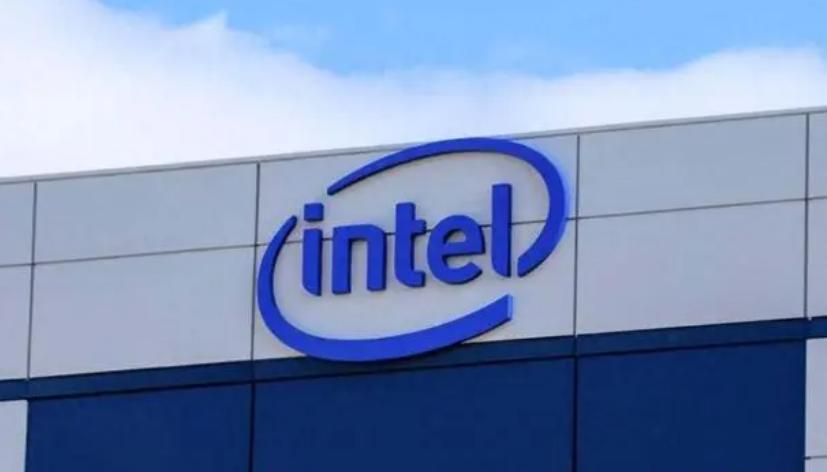
Intel shareholders filed a class-action lawsuit against Intel in federal court in San Francisco. The shareholders allege that Intel "fraudulently concealed problems" that led to its current weak results, layoffs and suspension of the company's dividend. In addition to Intel Corp., Intel CEO Patrick Kissinger and CFO David Zinsner are also named as defendants. Shareholders pointed out that Intel's recent financial disclosure showed that its contract manufacturing business is not going well, and operating costs are rising despite declining revenue, which has caught shareholders off guard. The shareholders agreed that Intel made materially false or misleading statements about its business and manufacturing capabilities between Jan. 25 and Aug. 1 of this year that drove up its stock price.
Intel's actions have also had a great impact, one is the market reaction and stock price volatility, after shareholders sued, Intel's market value evaporated in the day after the release of the latest financial results of more than $32 billion (about 229.8 billion yuan), showing the market's strong concern about the company's future. Share prices fell sharply after the announcement and have remained depressed. Such sharp fluctuations in stock prices not only damage the interests of investors, but also affect the company's market image and reputation.
Second, investors' confidence was damaged. The shareholder lawsuit exposed the company's problems in information disclosure, leading to a decline in investors' trust in the company. This crisis of trust can make investors pessimistic about the company's future prospects, and choose to sell shares or reduce their investment in the company. Shareholder lawsuits may trigger the tension between investors and corporate management, affecting the efficiency and stability of corporate decision-making.
Third, the company's reputation was damaged, and the shareholder lawsuit incident was widely spread in the media, which caused negative public opinion on the company. Such negative public opinion may damage the company's brand image and market position, affecting the long-term development of the company. In addition to the class-action lawsuits already filed, the company may also face legal actions and investigations by other investors or regulators. These legal actions and investigations will increase the company's legal costs and business risks.
Fourth, business damage and financial pressure, shareholder lawsuits may have an adverse impact on the company's business operations. For example, partners and suppliers may be cautious about the company's future prospects and reduce cooperation with the company; Customers may have doubts about the quality and stability of the company's products, affecting the sales volume and market share of the products. Due to the evaporation of market value and the decline of stock price, the company may face greater financial pressure. This pressure can make it difficult for companies to raise capital, invest in expansion and repay debt.
The fifth is the risk of legal action and corporate governance development, if the shareholder lawsuit is successful, Intel may have to pay high compensation costs. This will further exacerbate the company's financial pressure, affecting the company's capital liquidity and operational stability. However, dealing with legal proceedings will require significant human, material and financial resources. This will increase the company's legal costs and reduce the company's profitability. In the face of shareholder lawsuits and market pressures, companies may need to adjust their strategic planning to address current challenges and future uncertainties. This includes re-evaluating the company's market positioning, product line, investment direction and other aspects of the issue, and to develop a strategic plan that is more in line with market needs and the actual situation of the company.
In summary, these negative effects of Intel's shareholder lawsuits will have a profound impact on the company's future development and market position. Therefore, Intel needs to actively address these challenges, strengthen the transparency and accuracy of information disclosure, restore investor confidence, and take effective measures to stabilize business operations and reduce the risk of legal litigation.

The Trump administration recently launched a new recruitment program – the American Tech Talent Program.
The Trump administration recently launched a new recruitmen…
In December 2025, the US banking industry was once again sh…
In December 2025, US President Trump signed an executive or…
Recently, the barometer of the US economy has shown unstabl…
Recently, the dispute over the digital services tax between…
Recently, the International Monetary Fund (IMF) and the Org…